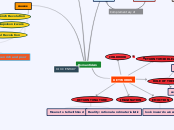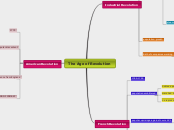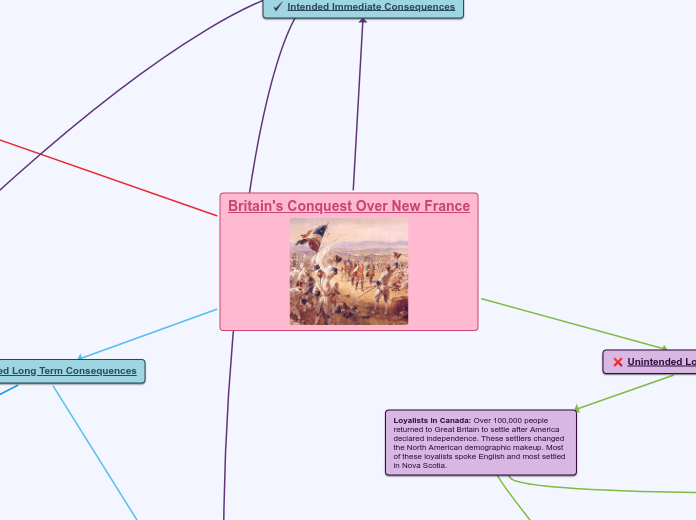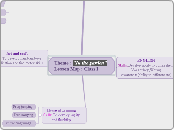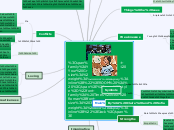Romanticism
KEY WORDS
CHILDHOOD
CHILD IS SYMBOL OF INNOCENCE, PURITY.
HE IS NAIVE, UNCORRUPTED
RETURN TO MIDDLE AGE
ROLE OF THE POET
guide
prophet
seer
EMOCTION
look inward own soul
IMAGINATION
RETURN TO NATURE
Reality:rational and materialistic
Means to tell with God
in Literature
1st generation
Coleridge
Wordsworth
We are seven
Romantics themes
1. CHILD: METAPHOR OF LOST INNOCENCE
1st stanza: retorical question--> children
haven't got idea about death because
irrational
2. DIFFERENT PERCEPTION OF REALITY
BETWEEN ADULT AND CHILD
3. MIDDLE AGE
4. COUNTRY SIDE : perception of beauty
theme of death
the little girl lost her two brothers
country side
ballad form
1. METRIC PATTERN: Iambic tetrameter
2. RYME SCHEME: abab
3. ORDINARY MAN'S LANGUAGE
4.DIALOGUE between narrator and little girl
5.FIGURE OF SPEACH: (assonance , allitteration, repetition of the same words\ questions)
Blake
-PRE-ROMANTIC POET
-ENGRAVER
- CHRISTIAN
songs of experience
experience: disillusionment, corruption of innocence
limits of freedom: society, institution
The Tyger
1.STRUCTURE: 4 stanzas in quatrains
2. RYME: musicality --> figure of speach (allitteration, synecdoche, methaphor, repetition of the same words)
3.SYMBOLS: Tyger --> experience
deeps -> hell \ sky -> heaven
stars --> angels ( Lucifer)
fire --> divine creation and
tyger's ferocity
4. THEME : creation--> GOD= BLACKSMITH
=created both
tyger and lamb
5. SETTING: industrial city
6. SPEAKER: ADULT
7. QUESTIONS WITHOUT ANSWERS (obessive repetition= anxie)
8. ROMANTIC THEMES:
-MYTOLOGY (hammer=Thor\ wings=Icarus\
fire=Prometheus)
-INNOCENCE LOST
9. EXPERIENCE: God and Evil coexist
songs of innocence
innocence: state of freedom, happyness
childhood: pure, uncorrupted, naive
The Lamb
1. STRUCTURE: 2 stanzas
2. RYME: musicality --> figure of speach (allitteration, assonance, personification)
3. LANGUAGE: simple
4.SYMBOLS: lamb -->innocence, Cristo
5. THEME: creation
6. SETTING: country side ( vs industrial landscape of city side)
7.SPEAKER: poet=child
8.QUESTIONS WITH ANSWERS
9. RELEVACE TO ROMANTICISM:
-innocence of childhood (1st stanza)
-Lamb: idylliac creature--> sense of beauty
XIX CENTURY
causes
Industrial Revolution
gap between rich and poor
mechanization of producion
growth of city
Napoleonic wars
Agricultural Revolution
French Revolution
in Europe
Italy
Manzoni
Leopardi
Foscolo
France
Rousseau
Natural state of man
Germany
Sturm und drang
